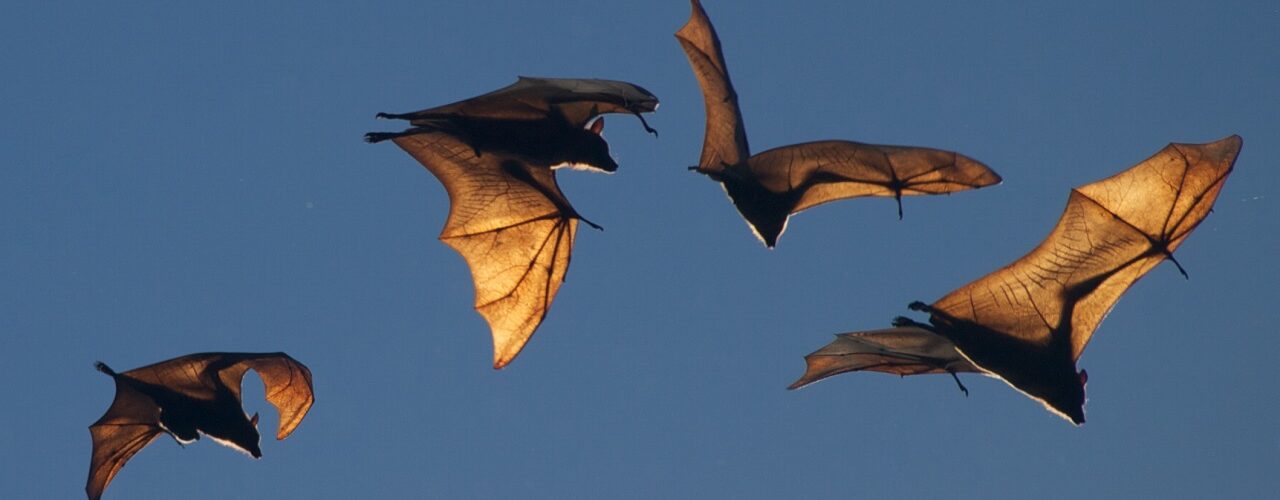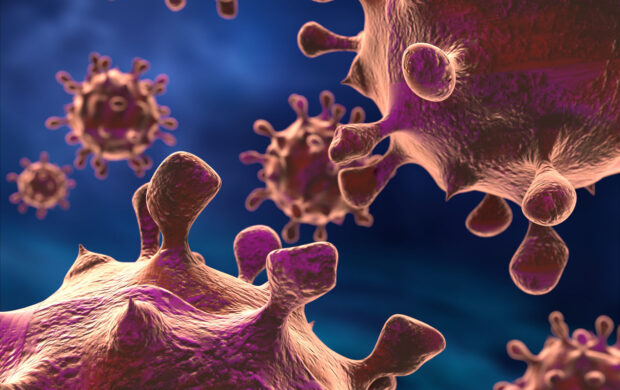India is once again in the grip of Nipah virus, the third recorded outbreak since 2001, with 11 deaths in Kerala confirmed so far. The natural host for the virus is fruit bats, whose habitats have been disturbed by rapid urbanization and increased levels of bat-human interaction. The National Vector Borne Disease Control Programme is investigating loss of natural habitat as a cause of this outbreak and the rise of other zoonotic diseases.

The Nipah is capable of both animal-to-human and human-to-human transmission. In past cases, the spread of the disease has occurred through the consumption of date palm sap that has been contaminated with bat urine of salvia.
There is no vaccine for prevention or cure for Nipah virus, which the WHO includes in its list of epidemic threats needing urgent R&D action.











